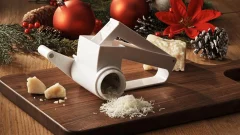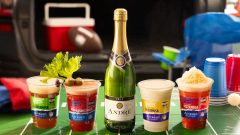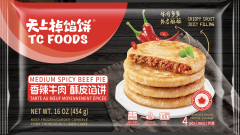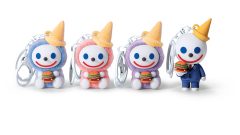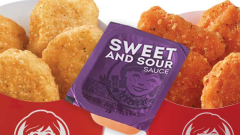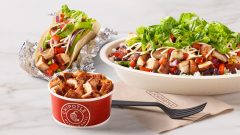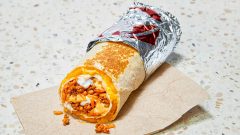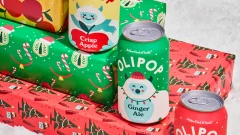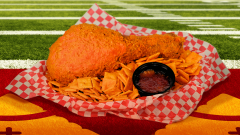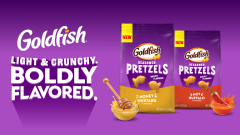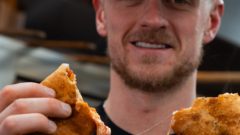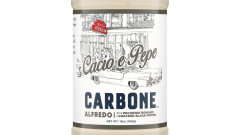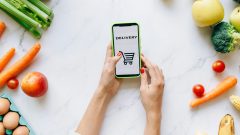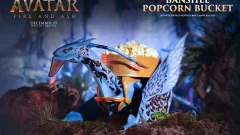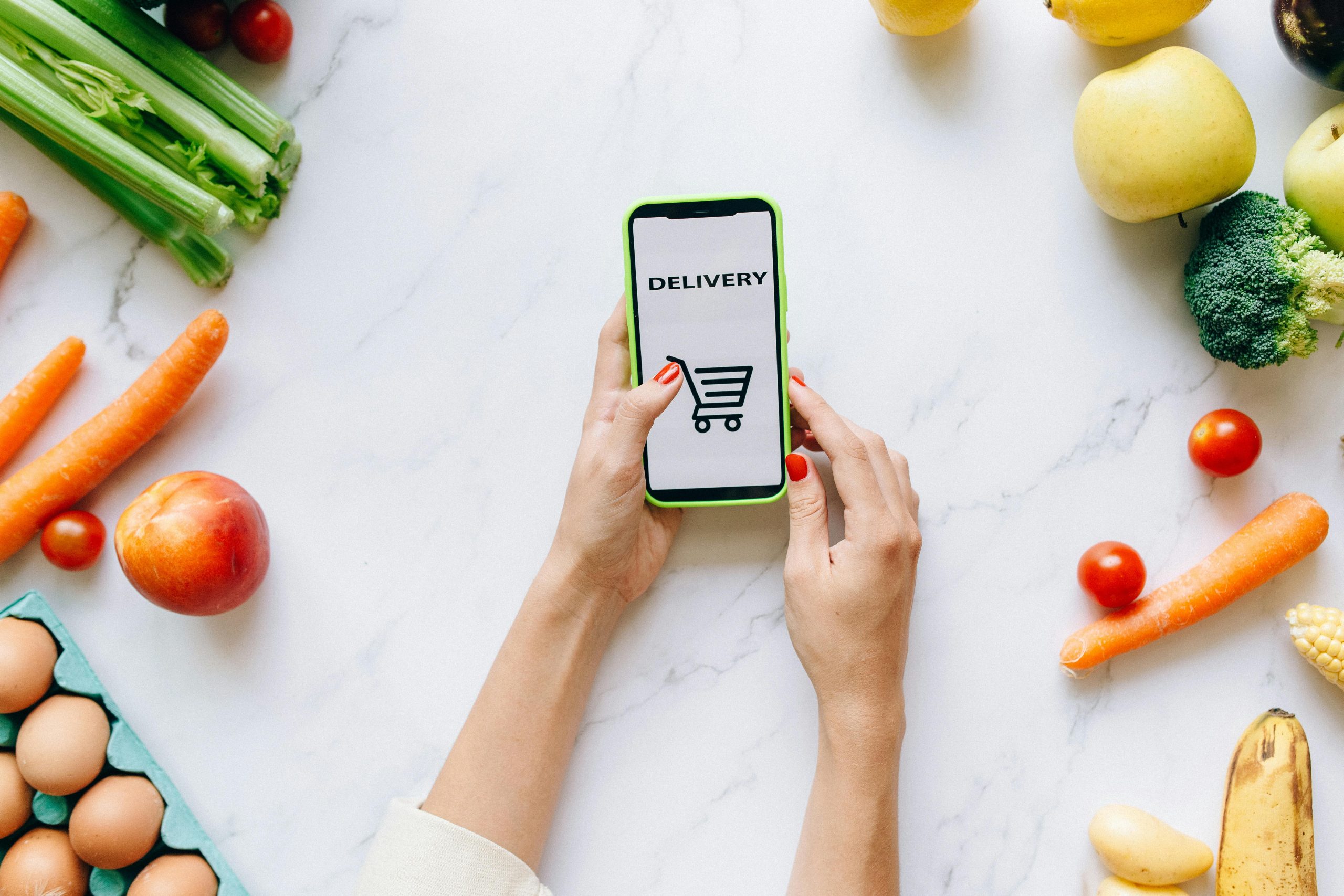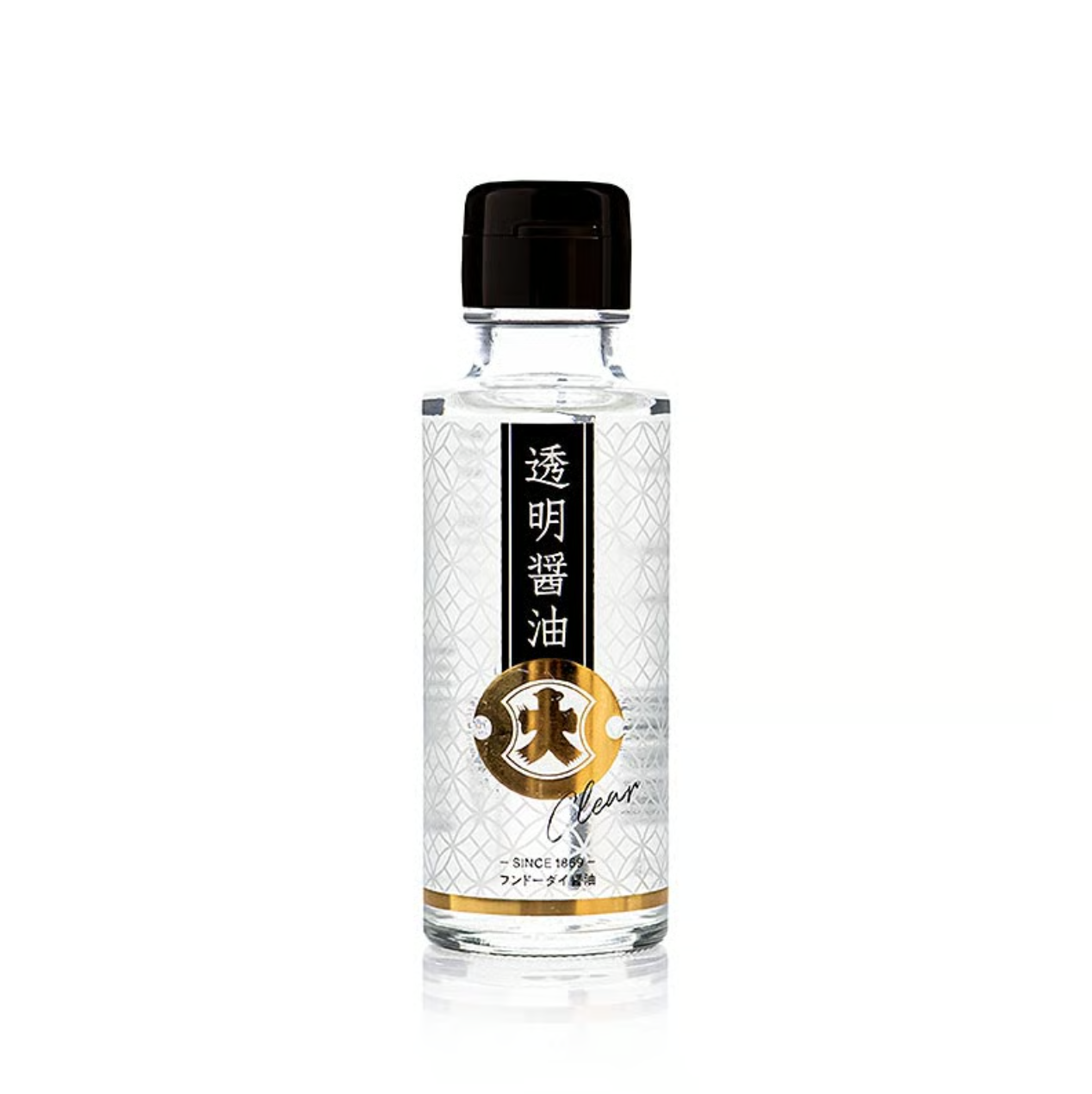China’s Animal Cloning Factory Launches Next Year And It’s Gonna Be Huge For Meat Production
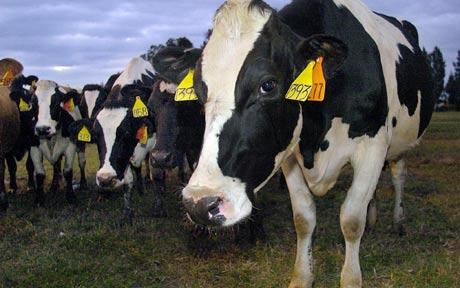
The world has become one step closer to solving the crisis of world hunger.
Two companies, a biotechnology firm called Boyalife in China and a South Korean research company called Sooam Biotech, have joined forces to help create the world’s largest animal cloning center, slated to be build in the Chinese port of Tianjin sometime in 2016.
Cloning has been around for nearly 20 years, although the first cloned animal, Dolly the sheep, has been the source of plenty of controversy in terms of uses for cloned animals.
Many Chinese citizens expressed their hesitancy to eat the food, claiming that they would only build up enough trust to eat it if they saw the authority figures in their country eating it first. It only makes sense that skepticism runs rampant in a country riddled with food safety scandals.

The company will focus on three animals in particular: cattle for beef, dogs to work for the police and to be used as pets, and horses to be bred for racing. Boyalife will create 100,000 cow embryos a year, steadily increasing that number year after year assuming all goes well in terms of production and distribution.
While the idea in theory is great and could provide some much needed wiggle room for a country struggling to meet market demands for beef, it still leaves some questions unanswered that will need to be eventually satisfied. For example, how will the company provide enough food to feed these large grazing animals in a country that’s already struggling to feed the naturally born cattle? And what sort of environmental impact will that many cattle in one place have?
Image Source: Telegraph, Daily Mail

